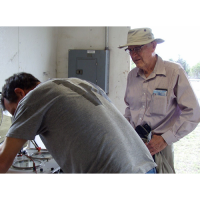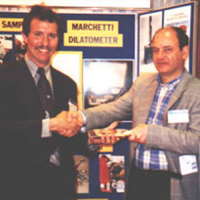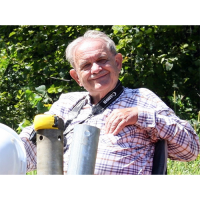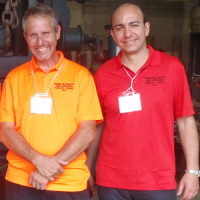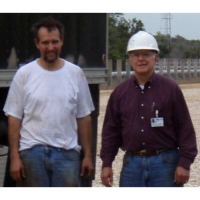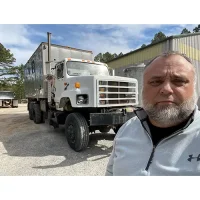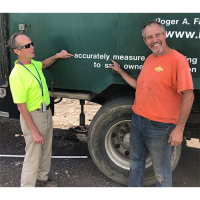Professional engineers performing high-quality tests for professional engineers performing high-quality geotechnical engineering design
Letters Of Endorsement
Seafloor Direct Push System
Our seafloor direct push system is placed on the mudline of a river and enables us to perform either cone penetrometer or dilatometer with true interval seismic tests, satisfying ASTM standards for a constant push rate of 2 centimeters/second.
Find Out More
Portable Direct Push System
Our portable direct push system that can move through a 32-inch wide door opening and bolt to the concrete slab with Hilti anchors next to the structure’s footings.
Find Out More
Cone Penetrometer Test
Data from CPT soundings accurately predict vertical pile capacities, as they model cylindrical piles. The CPT probe quasi-statically penetrates the soil at a constant 2 cm/sec rate measuring the tip, side friction and pore pressure using calibrated strain gauges and transducers.
Find Out More
Soil Pressuremeter Test
Data from pressuremeter tests accurately predict vertical and lateral capacities for piles and settlement of shallow foundations based on the large data base of load tests and pressuremeter tests that the French Department of Public Works (LCPC) has collected.
Find Out More
Rock Pressuremeter Test
Rock pressuremeter tests can be used for lateral load and deformation analyses of drilled shafts. We use a rock pressuremeter that applies up to 300 bars of pressure.
Find Out More
Soil Borehole Shear Test
The BST , developed by Dr. R. L. Handy at Iowa State University, provides a convenient method to accurately measure the drained shear strength of soils in-situ.
Find Out More
Rock Borehole Shear Test
Dr. Handy developed a rock borehole shear test (RBST) device to measure the shear strength properties of rock.
Find Out More
Ko Step Blade Test
Dr. Handy invented this test to measure the horizontal coefficient of horizontal earth pressure at rest. From thin to thick steps from its bottom to top of the blade, the four round membranes expand laterally measuring the horizontal earth pressure.
Find Out More
Vane Shear Test
The vane shear test accurately determines the undrained shear strength of purely cohesive soils by rotating a small vane having four blades around its vertical axis to fail a cylinder of soil in torsional shear.
Find Out More
SPT Torque
K0 Step Blade (KSB): While engineers can estimate the vertical stress of soil relatively accurately, they cannot estimate the horizontal stress. The coefficient of horizontal stress, K, ranges from 0.2 to 6 times the vertical stress (Schmertmann, 1985).
Find Out More

